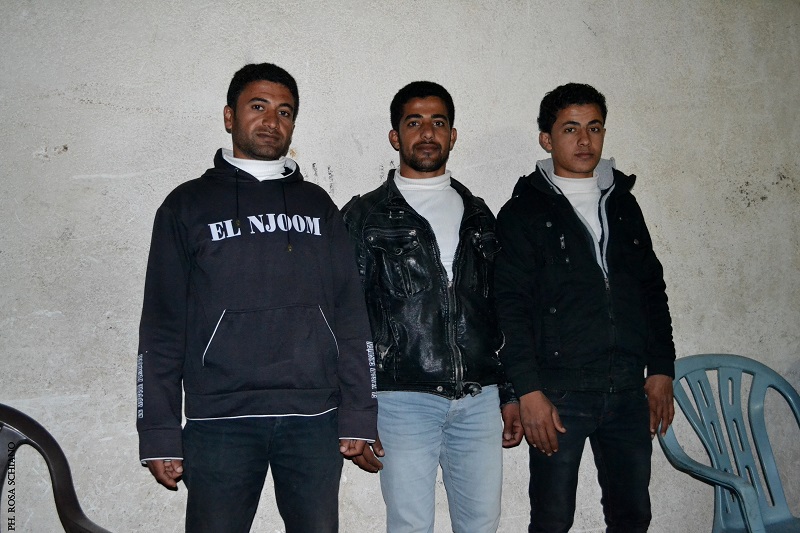Tag: Soudanya
-
Palestinian fisherman kidnapped by the Israeli navy in Gaza waters
11th January 2014 | International Solidarity Movement, Rosa Schiano | Gaza, Occupied Palestine On Wednesday, 8th January 2014, 27-year-old Palestinian fisherman Mohammed Sultan Al Khader had was arrested by the Israeli navy in Gaza waters. He had been fishing with his two brothers, Ahmad and Hamdi, on a small fishing boat, called a hasaka. Al Khader was released…
-
Israeli forces capture two Palestinian fishermen and seize their boat off Gaza
21st November 2013 | International Solidarity Movement, Rosa Schiano | Gaza, Occupied Palestine On Sunday, 17th November 2013, two Palestinian fishermen were captured by Israeli naval forces, who also confiscated their boat, in Gaza waters. Ammar Asad al-Sultan, age 19, and Mohsen Zayed, age 25, were on a small fishing boat, or hasaka, without an engine,…


